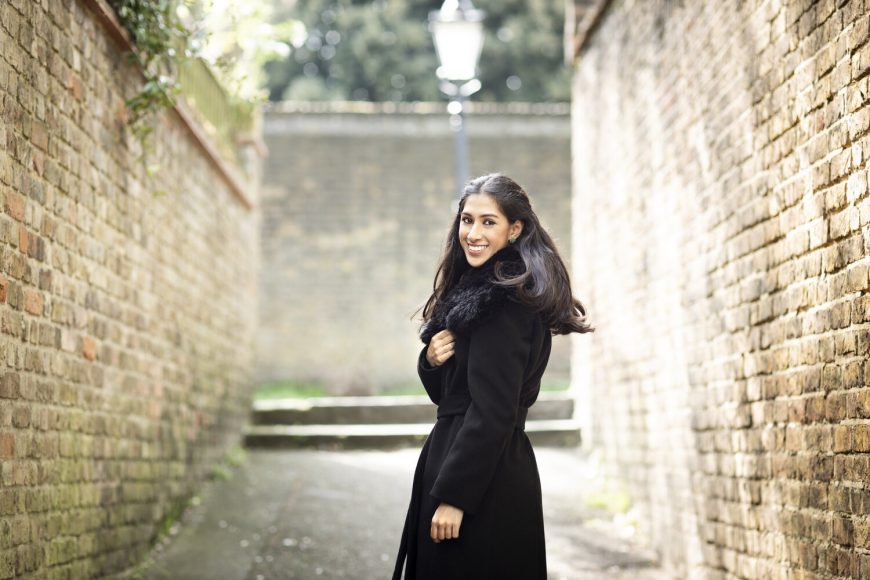
ON her first visit to Ryedale two years ago, Mishka Rushdie Momen delivered a knockout piano recital.
No-one present will have dared miss this return – part of her contribution as an artist in residence at this year’s festival – which included an early Beethoven sonata and a late Schubert one, not to mention some important Mendelssohn with a little Byrd and Prokofiev thrown in. Pretty good value for an afternoon recital without an interval.
The way her career is soaring, we can safely dispense with her surnames and simply call her Mishka. Everyone will know exactly who is meant. She announced herself – especially her wit and intelligence – with Beethoven’s Op 10 No 2 in F major, the “sunny” key of his Pastoral symphony.
After a bold opening, strongly accented, she brought humour into her left-hand figures in the scherzo’s trio, before a crisp, staccato finale with virtually no use of the pedal in its pseudo-fugue.
Thirty years after the Beethoven, Schubert wrote his miraculous last three sonatas, two months before his death in 1828. The first of these, D.958 in C minor, is the least played of the three, so it was especially satisfying to hear it here.
There were no pastel shades in Mishka’s opening, as she established the whole work’s sombre atmosphere. But she was alive to the rapidly shifting moods of the development section and once her again her left hand figured prominently, this time as a trombone.
She brought an intimate, pianissimo opening to the slow movement, so heightening the contrast with the agitated mystery of remote minor keys further down the line. The minuet flowed gently and its Ländler-style trio was particularly mellow, both a nice contrast with the drama elsewhere.
The key-changes, especially major versus minor, in the finale were magical and after the various caesuras – complete breaks in the action – she resumed with the utmost delicacy. It was utterly spellbinding, as if she were sharing secrets. Mishka has a profound knack for Schubert, as we heard last time.
Mendelssohn’s Variations Sérieuses in D minor, one of the fruits of his love-affair with Bach’s music, revealed her contrapuntal dexterity, not least in the virtuoso later variations which move away from Baroque influence. There were moments that suggested a slightly steadier tempo would have lent clarity. But the solemn tone of the work led naturally – with no applause between – into a moving account of Byrd’s pavane on Flow My Tears, Dowland’s famous tune.
Earlier we had heard Byrd’s The Bells, one of his over 150 keyboard works, which deserve wider currency. Its nine variations over a two-note, tolling bass easily conjured the sound-world of the bell tower. She left us in no doubt that this is one work that sounds much better on the piano than the harpsichord. There had even been fleeting glimpses of five of Prokofiev’s Vision Fugitives.
Is there no end to this young lady’s versatility? Mishka is already a star, and on this showing destined to remain so for a long time. May she return to us soon and often.
Review by Martin Dreyer
